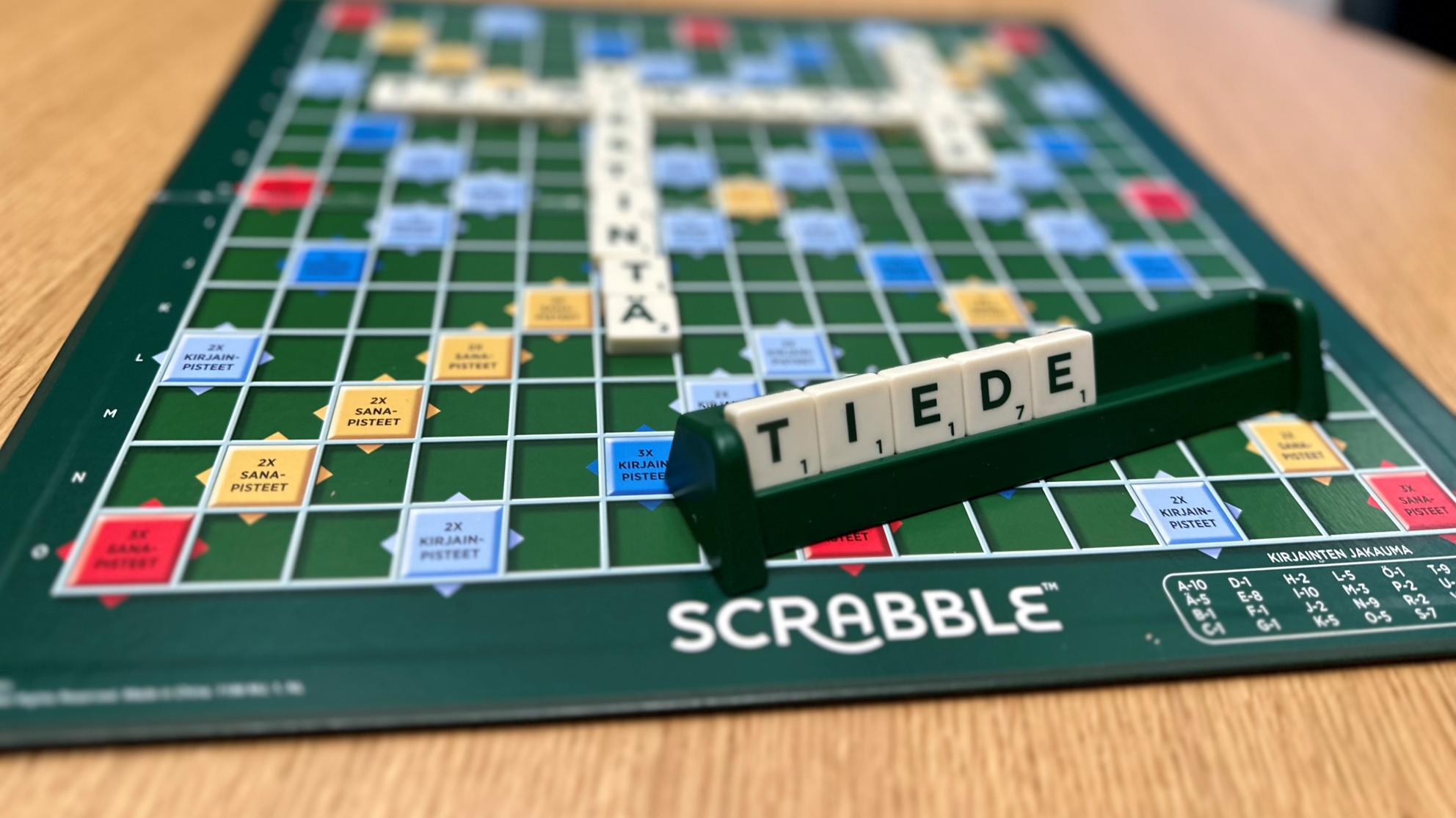Terminological research helps people understand each other

Terminology is a field of science that examines the concepts, terms, and terminology of specialised areas. Different fields have their own specialised vocabulary, which helps people in the field communicate with each other as if they are speaking the same language.
– We need terminology to structure, clarify, and enhance communication so that we understand each other. It is often a matter of safety, so if, for example, the air traffic controllers and pilots used different terms among themselves, quite a chaos would follow, says Nina Pilke, Director of the Language Centre Linginno.
Terminological research has deep roots at the University of Vaasa
The work in terminology at the University of Vaasa is internationally and nationally connected with terminology organisations, other universities, as well as the public sector and businesses. Research in the field focuses on conceptual systems, and the development, use, and management of terminology in various disciplines, such as engineering, medicine, and law.
The study of terminology at the University of Vaasa dates back to the 1980s when research and education in language and translation studies were developed. This development was based on the study of specialised languages (abbreviated as LSP or Language for Special Purposes), particularly in the Swedish language department. The focus was on scientific, technical, and popular language use and terminology.
"We need terminology to structure, clarify, and enhance communication so that we understand each other. "

After the establishment of the Department of Communication Sciences in 1990, research in professional languages intensified and evolved towards specialised communication, becoming part of research in communication sciences. At that time, the University of Vaasa was the only university in Finland offering terminology studies as a minor.
Terminological research is still vibrant at the University of Vaasa. The Department of Communication Sciences offers a 15-credit terminology module that is open to all students at the University of Vaasa. This module strengthens the ability to perceive relationships between concepts and to clarify conceptual and terminological frameworks.
– These skills are needed in all fields and in all expert tasks for clear and target-group focused communication,points out University Lecturer Niina Nissilä.
Influential and international research
Researchers from the University of Vaasa were involved in founding the joint Nordic organisation Nordterm in the 1970s, and they continue to actively participate in the community. One of Nordterm's main tasks is developing and strengthening research and education in the field of terminology. The researchers in Vaasa have been involved in organising seminars and training sessions in the field, as well as a joint Nordic online course called Termdist within the framework of Nordterm. They have also been actively engaged in international associations in the field.
International collaboration has resulted in textbooks, anthologies, articles, collaborative projects with companies, participation in international standardisation work, courses and workshops held in Finland and abroad, and online terminology resources (Terminology Forum). The Terminology Forum gathers links to the websites of terminology actors and various field-specific online glossaries for the benefit of both professionals and laypersons.
– New concepts and terms emerge constantly in various fields and languages, so international and multilingual collaboration is fundamental to terminological research. This year, we have met our colleagues from around the world at conferences in Brussels and Stockholm, says Pilke.
Strongly involved in standardisation work
Professor Emerita Anita Nuopponen from the University of Vaasa has been actively participating in the Technical Committee TC37 Language and Terminology of the International Organization for Standardization (ISO) for many years. She has played an active role in drafting standards related to terminology, including "Terminology work — Principles and methods" (ISO 704) and "Terminology work – Vocabulary" (ISO 1087).
Nuopponen got involved in standardisation thanks to her recognized expertise as a researcher and developer of terminological concept analysis.
– My goal back in the early 80s when working on my master’s thesis was to become involved in creating ISO standards because these were important sources for my thesis. Now, I have achieved that goal long ago. The classification of concept relationshipsthat I created in my dissertation has been extensively quoted in Standard 704 and three of my articles made it into the bibliography, says Nuopponen.


